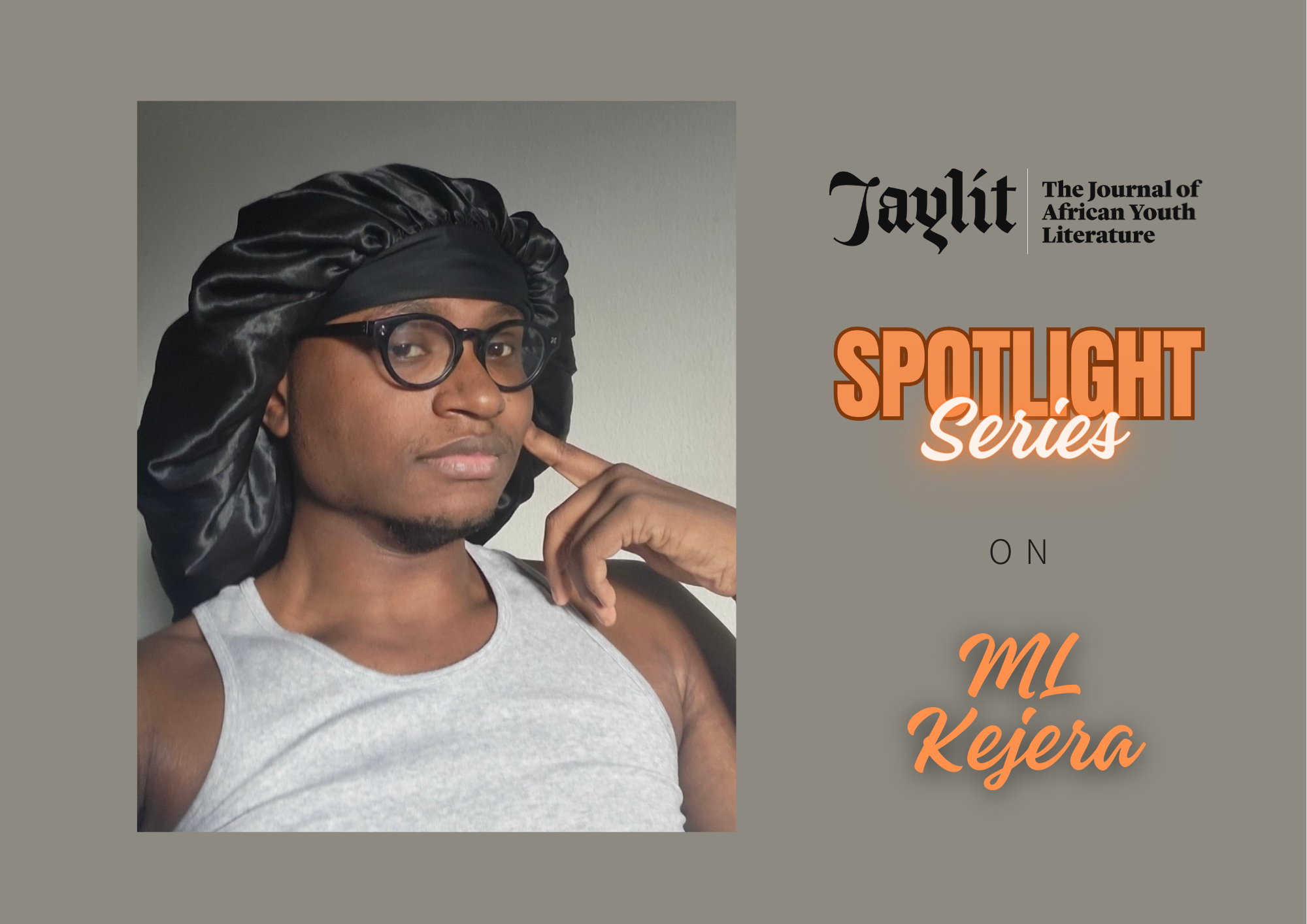For ML Kejera, Writing is a Recontextualization of Reality
ML Kejera was born in Bakau, The Gambia. In 1997, his family fled to Senegal because Yahya Jammeh, Gambia’s dictator at the time, was targeting his father. While his father left in 1996, the rest of the family joined the following year, sojourning in Saudi Arabia, then Tunisia, with frequent stops in Côte d’Ivoire. Now Illinois, US-based, the author speaks English and French, while also understanding Mandika.
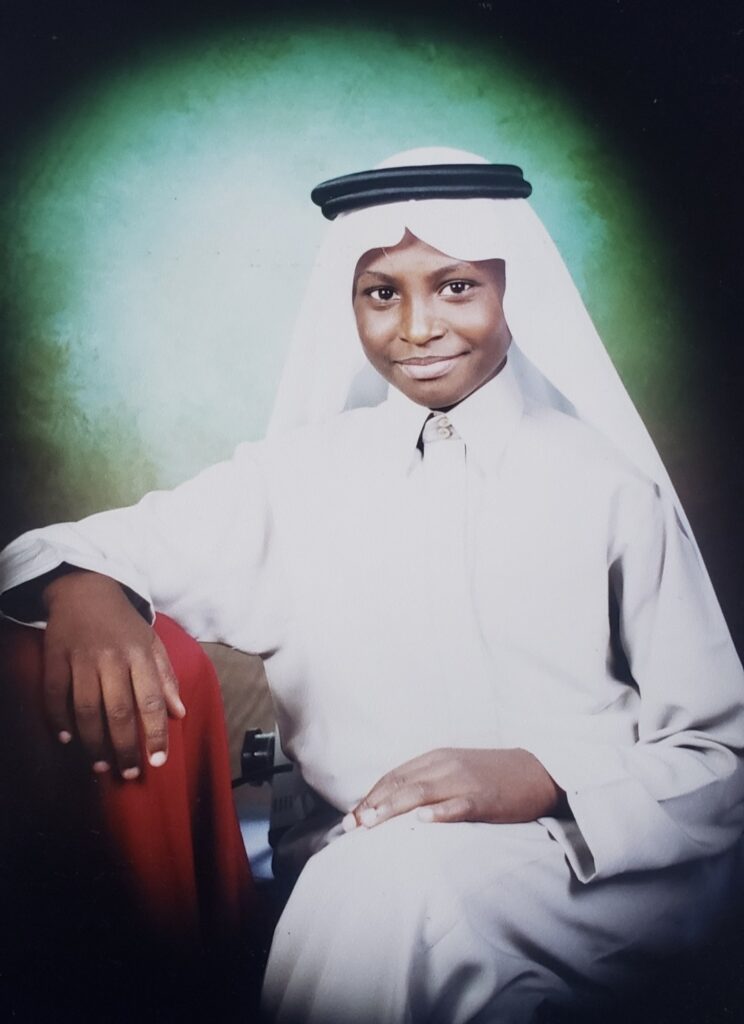
Kejera’s love for reading was evident from a young age. He was often seen walking down school halls with a book in hand. When in his penultimate year of high school at an American international school in Tunis, a fellow student asked him to read a novel he was working on, his life took a significant turn. As he read the manuscript one night, a realization struck him—that he, too, could write. This epiphany marked the beginning of ML Kejera’s journey as a writer.
That same night, he started writing a novel that ended up being a novella since he had no real knowledge of how to write a novel. Through an atrocious process of striving every night to write more pages instead of reading schoolbooks, Kejera developed an uncanny discipline in writing.
Later in college, inspired by the Tunisian Revolution, he wrote a short story that would become his first published work, appearing in the college’s literary magazine. Then, he started writing properly in 2010. Although he lacked funding to complete his schooling, Kejera poured himself into his craft and produced more work that can be found in numerous magazines and journals around the world.
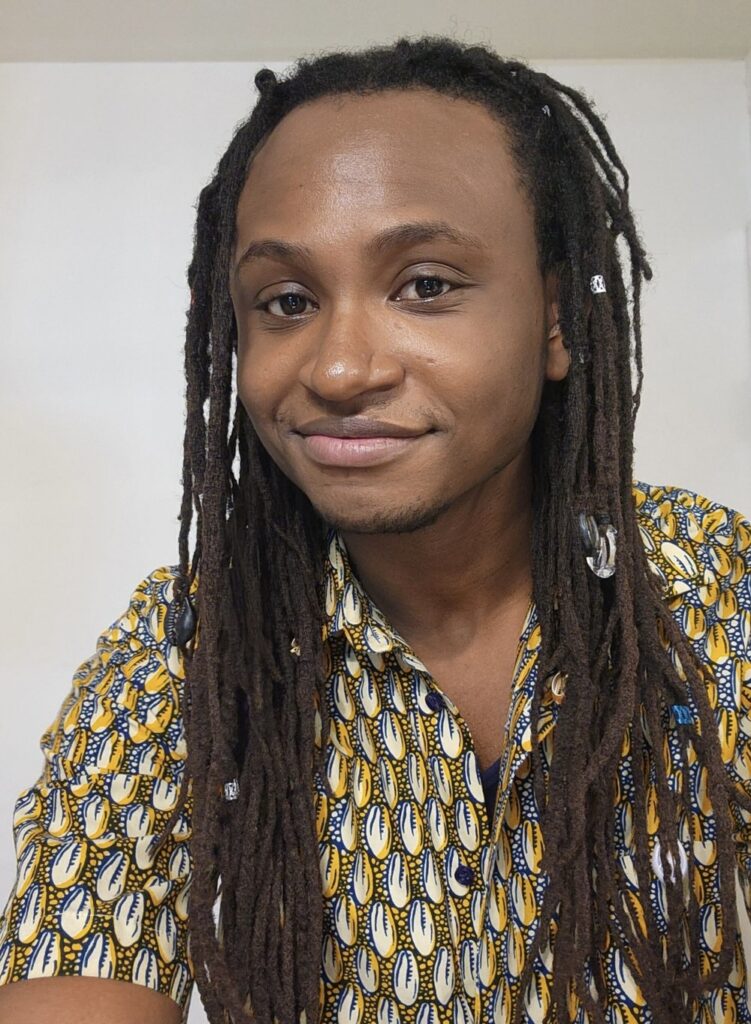
His literary and journalistic works have been featured in the LA Review of Books Quarterly, The Nation, The Comics Journal, Strange Horizons, and Cafe Irreal, amongst others. Kejera’s influences include Jorge Luis Borges, Lenrie Peters, Akutagawa Ryunosuke, Dayo Forster, Angela Carter, Bessie Head, Alexandre Dumas, Franz Kafka, Salman Rushdie, and Yoko Taradawa. Even the craft of the Jali (griot), with names such as Sonja Jobarteh, Foday Musa Suso, and Fa-Digi Sisoko, has had a major impact on his storytelling skills. For him, this list is ever-changing, ever-expanding. The commonality with most of his influences, however, is a general fondness for the absurd, especially irrealism.
In 2020, ML Kejera became the first Gambian to be shortlisted for the Commonwealth Short Story Prize. This record-breaking feat led to his first taste of press, doing interviews with the BBC and Africa in Dialogue. Two years later, he also became the first Gambian to receive the Miles Morland Foundation Writing Scholarship. This funding enabled him to work on his novel-in-progress, Praise Song for the Dictator, about a woman haunted by the living ghost of the Gambian dictator throughout her life.

He began writing the novel in September 2020, engrossed in tedious hours of researching The Gambia’s Truth, Reconciliation, and Reparations Commission (TRRC) videos while making his own transcripts. Balancing this arduous work with his journalism role was tasking, but the Miles Morland Scholarship has proved particularly helpful. Kejera was able to complete a first draft of the manuscript and is halfway through the second draft after receiving some helpful feedback.
While Kejera has worked as a freelance journalist and critic, notably for the AV Club, fiction remains his passion. He has different aims with each short story, poem, or novel idea. Although his family’s history of political persecution played a huge role in his life’s trajectory, Kejera doesn’t believe it has a major influence on his work. To the Illinois-based journalist and author, writing is simply a recontextualization of reality, whatever reality he is attempting to recreate.
As one of Gambia’s pacesetters in contemporary literature, Kejera says he is invested in helping Gambian writers access literary opportunities. “Whenever I do an event or a reading, I try first to read the work of another Gambian writer. After I am done with this novel, I hope to revive our only literary magazine, Ndaanan, as we don’t currently have a single magazine or journal dedicated to literature.”
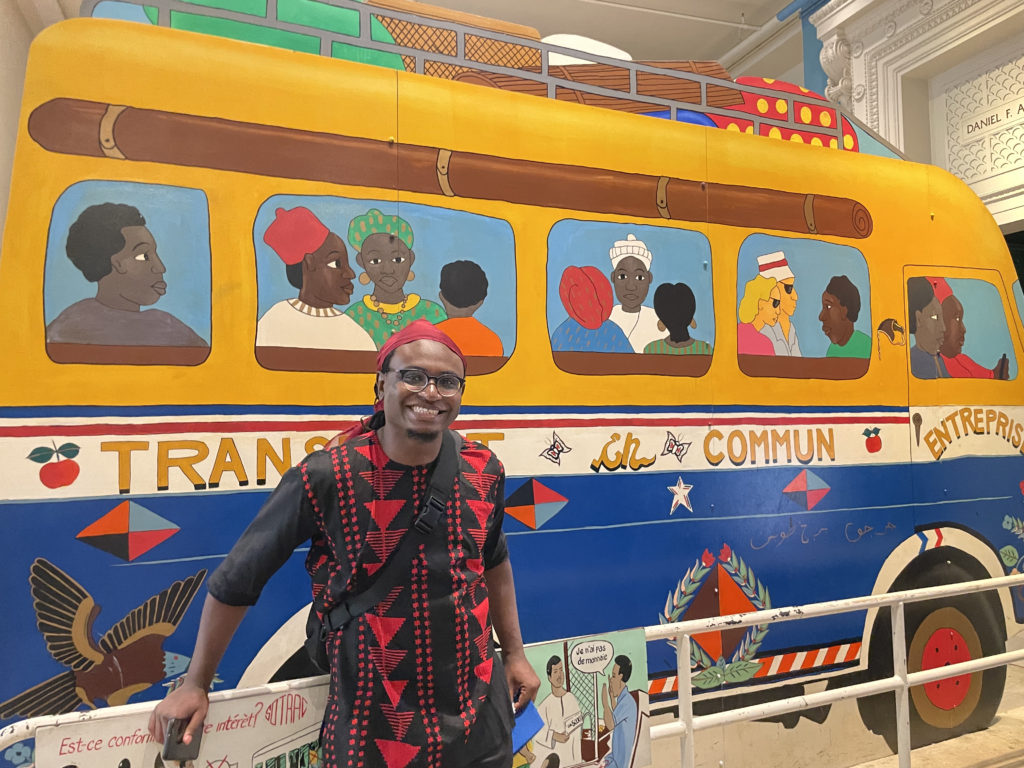
Although seemingly a one-man movement, Kejera also owes his literary success to his monthly writing group. Currently, they offer one another feedback and discuss ongoing projects and larger literary concepts. By critiquing a broad range of literature helped to sharpen his craft, his career has significantly improved with the help of his writing community.
His celebrated Commonwealth story, “Fatou vs the Dictator”, as well as his novel-in-progress, draws heavily from historical and political events, although he has published work culled from other life experiences.
While writing the novel, a coup was attempted on December 20, 2022, in the Gambia. He had resolved to end the novel in another coup attempt long before that, but seeing a foiled coup unfurl in Gambia, once again, was a very unreal experience. In editing the novel after that, he decided to focus more on Gambia as a nation of endless coups. In forthcoming work, ML Kejera hopes to draw less and less from his family history.
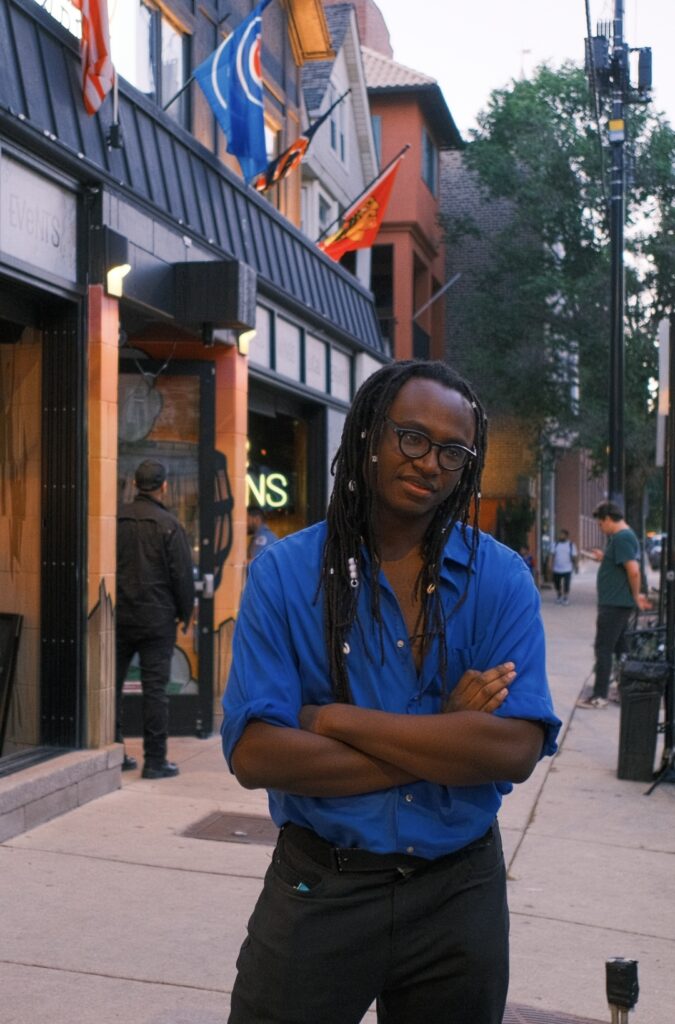
Iruoma Chukwuemeka
Iruoma Chukwuemeka is a writer from Nigeria. Her works have appeared in Isele Magazine, Lolwe, The Weganda Review, and elsewhere. She is a finalist for the Inaugural Abebi Award in Afro-NonFiction.


